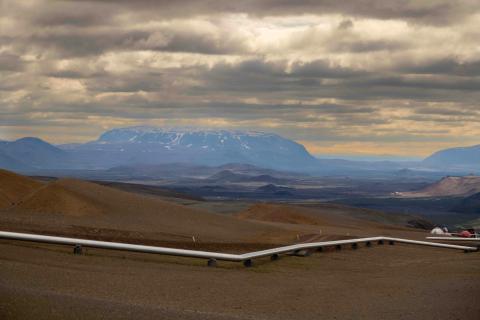
Coverage of environmental information in EITI reporting
A review of how some EITI countries are covering environmental information in EITI reporting.
Summary
The EITI Principles emphasise that natural resource wealth should be an engine for sustainable economic growth. Although the EITI Standard does not require or encourage disclosures regarding environmental management, several EITI implementing countries have included some information related to environment as part of their EITI reporting. This paper reviews the coverage environmental taxes, levies and other payments in EITI Reports. Additional information on environmental policy, management and compliance has in some instances been included in EITI reporting to complement required disclosures and inform public discussion of a country’s governance of natural resouce revenues. The paper also seeks to briefly capture how this has been done, by providing more recent examples of emerging practices in EITI countries.
The findings of the review show that at least 28 implementing countries have done some form of reporting on environmental issues, in response to local concerns.[1] Twenty-two of these countries disclose environmental payments made by extractives companies to the government or to dedicated funds, 15 of which reconcile the payments. In parallel to this work, there have been increasing calls by international civil society groups for the EITI to do more work on environmental aspects. While no new policies or changes to the EITI Standard are proposed, the review highlights that there is a continuously growing demand for sharing experiences on these issues, in particular among implementing countries.
[1] Burkina Faso, Chad, Cote d’Ivoire, Cameroon, Colombia, Democratic Republic of Congo, Indonesia, Germany, Kyrgyz Republic, Kazakhstan, Liberia, Madagascar, Malawi, Mali, Mauritania, Mongolia, Mozambique, Norway, Nigeria, Philippines, Republic of Congo, Seychelles, Senegal, Sierra Leone, Togo, Ukraine, United States of America and Zambia.



